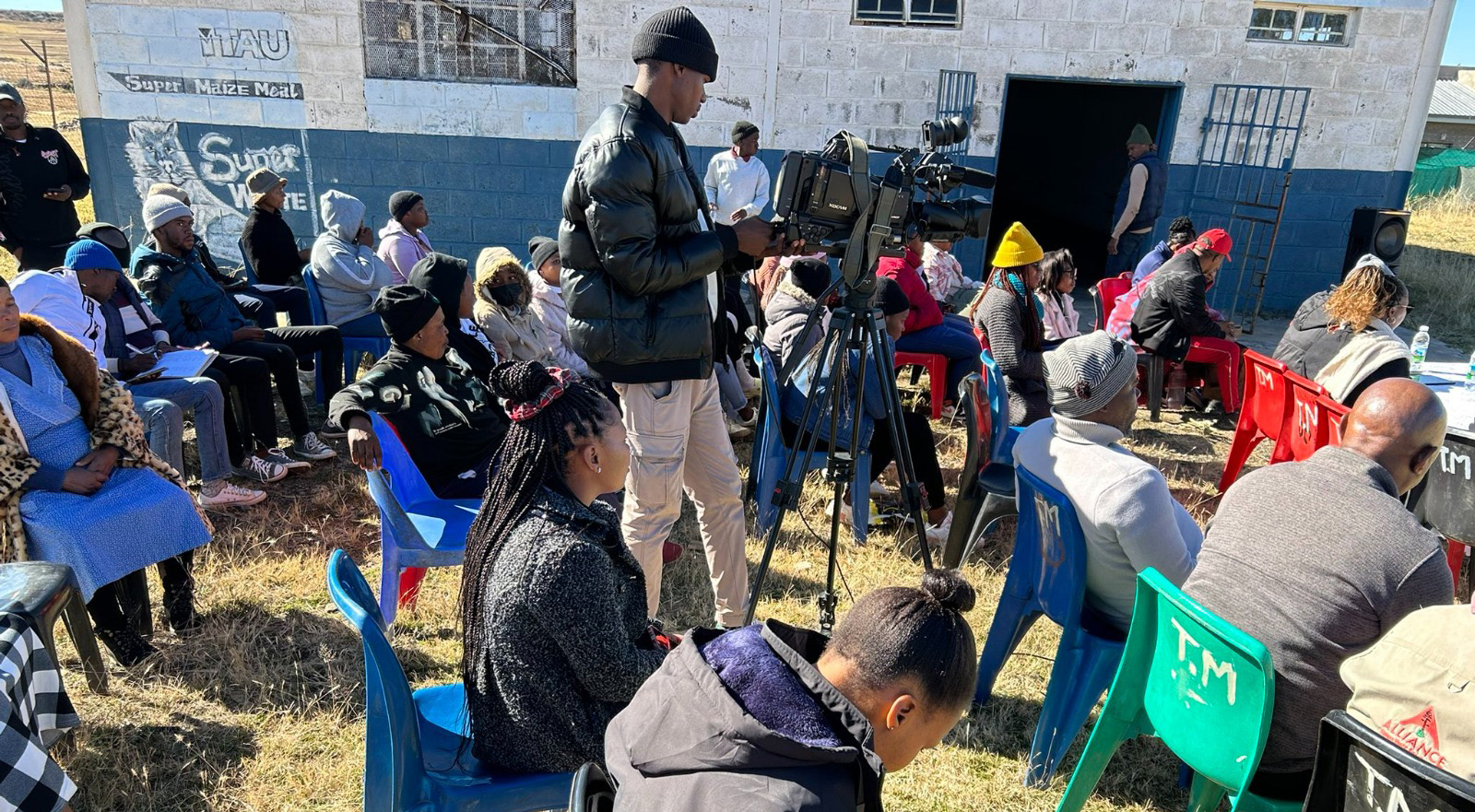Corruption a way of life in Lesotho?

SHARE THIS PAGE!
There was much hullaballoo this week when it emerged that finance minister Thabo Sofonea had blown the whistle of government officials who had plundered M50million by way of payments to non-existent companies which had provided non-existent services to the government of Lesotho.
This came hot on the heels of news that a prominent lawyer had received some ticking off for daring to speak out against malpractices in the country’s judicial system.
It is worth mentioning that when corruption pervades the justice system, people can no longer count on prosecutors and judges to do their jobs. The powerful may escape justice. And citizens, especially those with few resources or few powerful allies, may be unfairly accused of crimes, deprived of due process, and wrongly imprisoned.
Corruption is bad; in fact, it is evil. It increases inequality, decreases popular accountability and political responsiveness, and thus produces rising frustration and hardship among citizens, who are then more likely to accept (or even demand) hard-handed and illiberal tactics.
Those tactics shift the blame for economic insecurity and political decline onto immigrants or other minority groups, and onto economic and political elites, who must, the theory goes, be dealt with swiftly and decisively. The rule of law and liberal values of tolerance and human dignity then become obstacles to needed change.
Experts insist that, even if citizens were to adamantly demand that these problems be addressed, endemic corruption undermines the power of politics. For example, to the extent that bribery, trading in influence and state capture are widespread, political systems become incapable of addressing social problems whose resolution would threaten vested interests.
Naturally, this is never acknowledged as such from within – state incapacity may manifest in a great many distracting and misleading ways, such as wedge issues, political party restructuring, the emergence of scandals and overwhelming outside issues that detract from structural problems, and so on. Under conditions of this state capture, political arbitrage can be expected to occur in a highly strategic fashion.

Communities empowered to protect environment
10 days ago
Alliance boosts MCC fleet
11 days ago
Young people discuss economic future at Taung
12 days ago
CityzeenLs nears 1 million YouTube views
12 days ago
Econet commits over M1million to Lecholi event
12 days ago

New border plan to advance regional trade
15 days ago
Foul language lands man in court
15 days ago
Youth demand action on unemployment
15 days ago
Ex-ministers threaten to sue govt
15 days ago